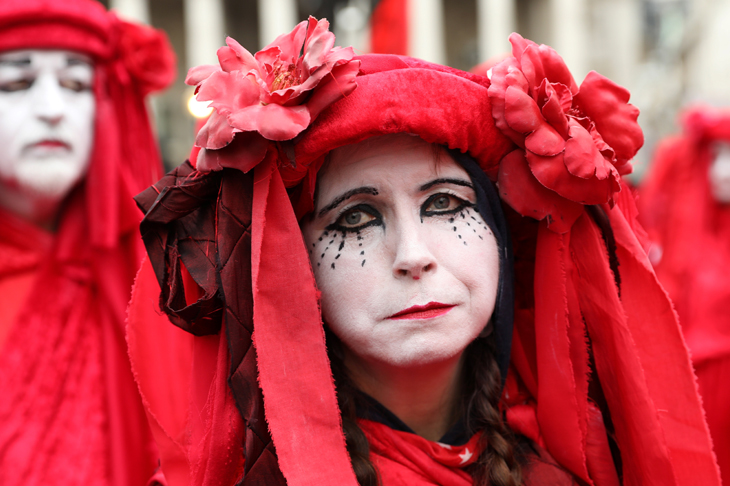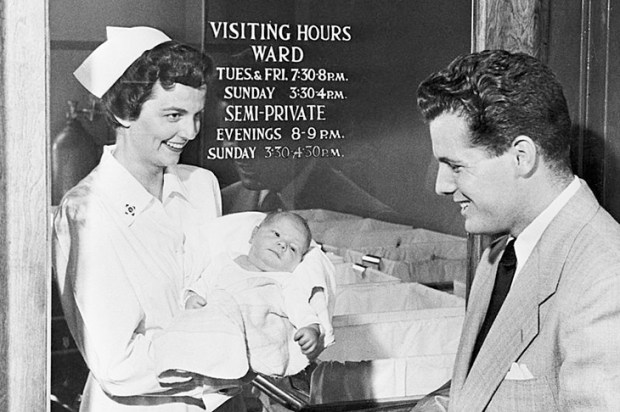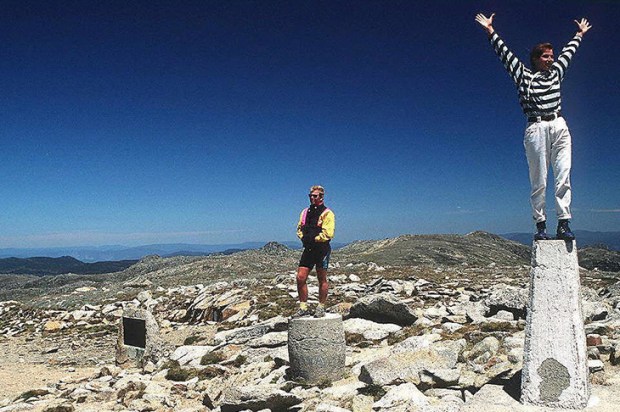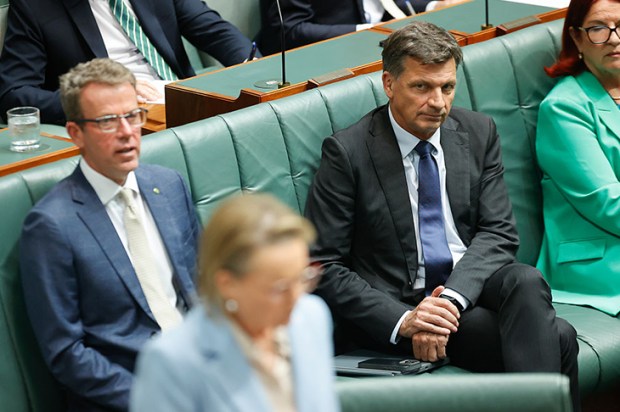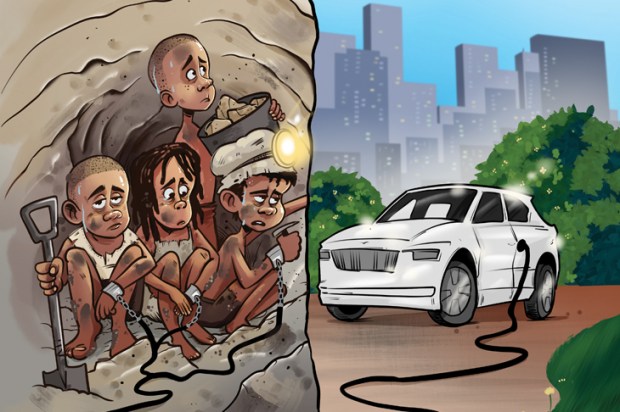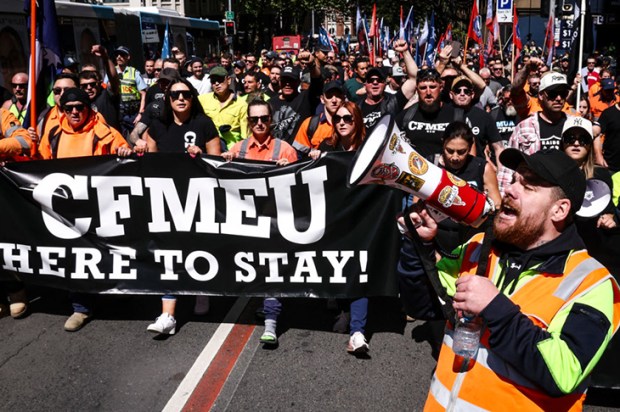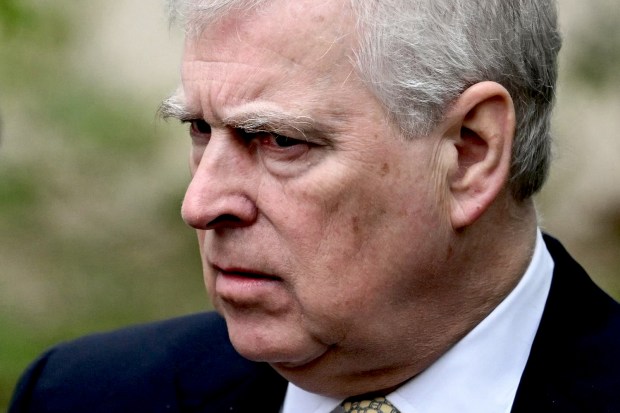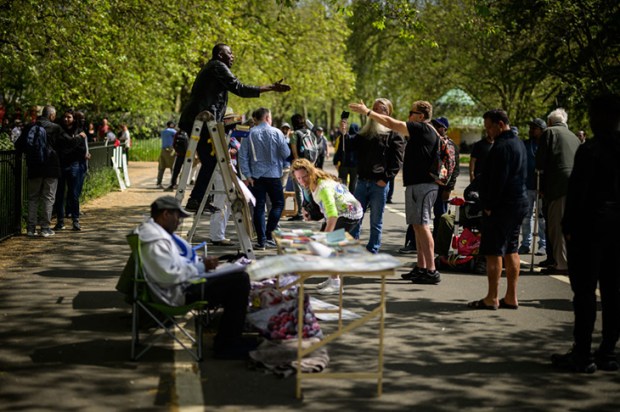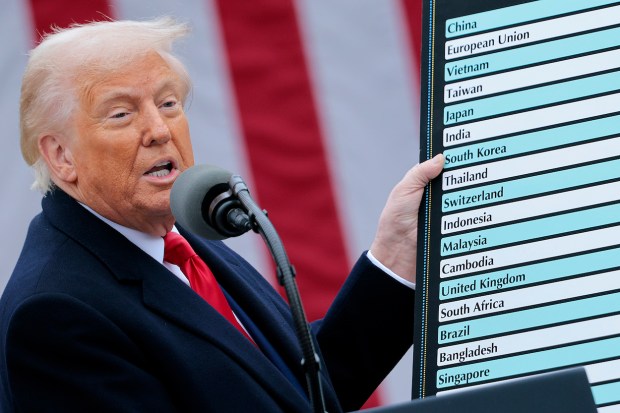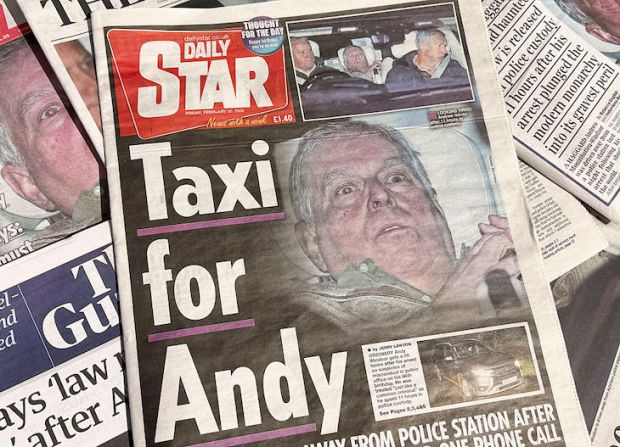Every journalist dreams of the scoop that will make his name. Ten years ago this month I finally got mine – but I’m still not altogether sure it was worth it. On the upside, my story went viral, got me a much bigger audience – from the the United States to Oz – and established my spiky, edgy reputation for in-your-face contrarianism. On the downside, though, for every ardent fan it made me it probably lost me a couple more: ‘But he used to be so funny and clever. Now he’s just one of those anti-science, climate change denier cranks…’.
You can search a whole lifetime for a scoop but when it comes, it often comes unbidden. Mine dropped into my lap when I was sitting at my desk one morning, wondering what to write next for my Telegraph blog, when I noticed an interesting story starting to break on the Watts Up With That? website. All I did was top, tail, adapt it and popularise it by giving it a bit of snark, context and spin. Then I nicked the title from a commenter called ‘Bulldust’ (an Aussie, as it happens). Et voilà! Climategate was born.
Climategate mattered because it offered the first solid proof that the scientific establishment wasn’t being altogether honest about man-made global warming. Up until that point, one or two of us had had our suspicions. But this was the breakthrough; the moment when the alarmists were caught red-handed with egg over their face and their trousers down. Someone – to this day, anonymous – had dumped onto the internet a huge cache of documents and correspondence retrieved from the Climatic Research Unit (CRU) at Britain’s University of East Anglia – one of the world’s main gatekeepers of climate science research. Finally, we could discover what the scientists most assiduously promoting the climate change scare narrative were saying to one another behind closed doors.
Many of them were lead authors on the Assessment Reports produced periodically by the United Nation’s Intergovernmental Panel on Climate Change. These were the ‘experts’ on whose word governments were invited to take the radical action apparently necessary to remedy one of the greatest problems the world had ever seen take place: ‘global warming’, as it was known in the early days.
What the emails suggested was that in private these scientists weren’t nearly so confident about the scale and nature of the threat as they made out in public. Some doubted the reliability of their methodology, such as the various palaeoclimatological proxies (tree rings, etc.) used to estimate temperatures in the distant past. Others worried about the failure of real world temperatures to soar in quite the way their computer models had predicted.
In the aftermath of the scandal, a succession of whitewash enquiries – one, typically, led by a figure so parti pris it was described as ‘like putting Dracula in charge of the bloodbank’ – sought to play down the significance of these exchanges. But this was more than a case of just ordinary decent scientists, being human, expressing reasonable doubt about their field. These were men behaving more like political activists than dispassionate seekers after truth.
They were shown: contriving to destroy inconvenient data in order to evade FOI inquiries; attempting to shut down scientific journals which published studies unhelpful to their cause; viciously bullying dissenters; even trying to rewrite history, for example, to erase the widely recognised Medieval Warming Period.
True, Climategate did not offer definitive proof that the man-made climate scare is fabricated. But it did prove something very nearly as important: that the doom-laden grand narrative about climate change which teachers use to frighten children, which politicians use to justify more taxes and regulations, and which crony capitalists use to say ‘subsidise my planet-saving wind farm’ is based on a prospectus so flimsy that if an insurance salesman tried touting it on your doorstep you’d tell him just where he could shove it.
All that money we throw at ‘combating’ climate change – conservatively estimated a few years back at $1.5 trillion per annum – may well be a total waste. Sure ‘global warming’ might be a deadly threat – but if we’re going to use the ‘precautionary principle’ excuse so might lots of things, including alien invasion. Does that mean, we should divert two per cent of the global economy towards dotting the planet with anti-alien death lasers, just on the off chance?
If you’d asked me at the time of Climategate whether I’d still be writing about this stuff ten years hence I would have said: ‘No! God, no! The caravan will have moved on by then.’ But it hasn’t, has it? Instead it has accumulated more baggage, more freeloaders. In fact, by some bizarre inversion of logic, the less and less credible the evidence for the great global warming scare, the bigger and noisier and more powerful the Climate Industrial Complex has grown.
Though I did once write a book which psychoanalysed this phenomenon – it’s a mix of ‘follow the money’ greed, self-flagellating Gaia-worship which has filled the gap vacated by Christianity, and puritanical, misanthropic leftist control-freakery – I still find it extraordinary that this craziness has taken such a grip on our culture. Why on earth do we allow the unwashed hippy loons and overindulged trustafarians of Extinction Rebellion to block our streets? How come our chief arbiter of what to think about the environment is now a pig-tailed 16-year old autistic school drop-out from Sweden who probably got her climate facts from Ice Age 2?
Right now, the struggle against this nonsense seems pretty hopeless. But we sceptics do have at least two things on our side – time and economics. Time is doing us a favour by showing that none of the alarmists’ doomsday predictions are coming to pass. Economics – from the blackouts in South Australia caused by excessive reliance on renewables (aka unreliables) to the current riots and demonstrations taking place from France and the Netherlands to Chile over their governments’ green policies – suggest that common sense will prevail in the end. Bloody hell, though – taking its time, isn’t it?
Got something to add? Join the discussion and comment below.
You might disagree with half of it, but you’ll enjoy reading all of it. Try your first month for free, then just $2 a week for the remainder of your first year.


